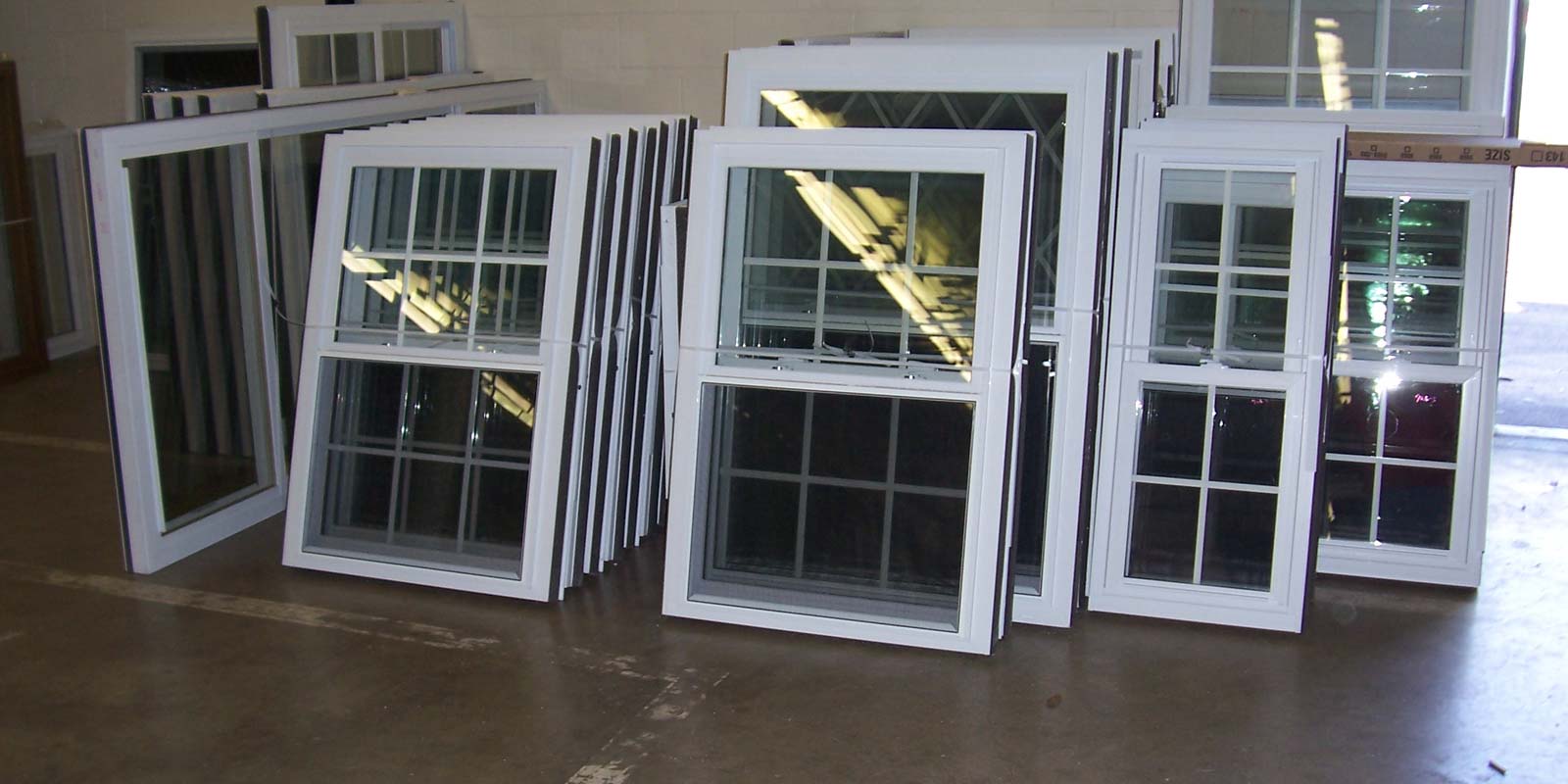Upgrade Your Home With Energy-Efficient Home Window Substitutes
In the world of home renovation, the decision to upgrade to energy-efficient home window substitutes can significantly influence both the performance and visual appeals of a home. Past the surface area level of mere aesthetic appeals, energy-efficient home windows use a wide variety of benefits that go beyond plain aesthetic charm.
Advantages of Energy-Efficient Windows

The installation of energy-efficient windows provides considerable financial savings on utility expenses while boosting ecological sustainability. In addition, energy-efficient home windows can help manage wetness degrees within the home, minimizing the danger of mold and mold development.
Beyond the financial advantages, energy-efficient windows add to ecological sustainability by decreasing carbon emissions connected with power manufacturing. By decreasing energy usage, these home windows help alleviate the ecological influence of home heating, lights, and cooling domestic areas. This decrease in energy usage plays an essential duty in combating climate modification and promoting a greener future for generations to find. Generally, investing in energy-efficient windows not just enhances the convenience and performance of a home yet additionally lines up with ecologically aware techniques.
Kinds of Energy-Efficient Glass
Different advanced kinds of energy-efficient glass deal distinct properties that satisfy various requirements and preferences in boosting the sustainability and effectiveness of structures. Low-emissivity (Low-E) glass is a popular alternative developed to reduce the quantity of ultraviolet and infrared light that can go through the glass, thereby reducing heat transfer. This kind of glass assists maintain a regular indoor temperature, lowering the requirement for heating or cooling down systems, and ultimately decreasing power costs. An additional innovative alternative is spectrally careful glass, which enables visible light to pass via while blocking particular sorts of infrared radiation. This aids in preserving a comfy indoor atmosphere while minimizing warm gain. Triple-pane glass, including three layers of glass with shielding gas between them, gives improved thermal insulation, making it very energy-efficient. Additionally, self-cleaning glass with a special covering that damages down and loosens up dirt when subjected to sunshine can decrease upkeep requirements and maintain windows looking clean. Each kind of energy-efficient glass offers unique advantages, allowing home owners to select one of the most ideal option based upon their particular needs and objectives.
Elements to Think About When Selecting
When contemplating energy-efficient window replacements, it is important to carefully assess particular variables that align with your sustainability purposes and wanted energy cost savings. The U-factor measures exactly how well the home window shields, with reduced numbers showing far better insulation, while the SHGC indicates the home window's capacity to block heat from sunshine. By thoroughly assessing these aspects, you can pick energy-efficient windows that enhance comfort, reduce power prices, and profit the environment.
Installation and Maintenance Tips

Routine maintenance is crucial to protecting browse this site the performance of your energy-efficient windows. Examine the weather-stripping and seals for any type of tears or voids and replace them if required to maintain the home windows' power performance. Woodlands window replacement.
On top of that, lube relocating parts such as locks and joints to guarantee smooth procedure. By following these setup and upkeep tips, you can improve the power effectiveness of your home and lengthen the lifespan of your energy-efficient windows.
Cost-Benefit Analysis of Updating

Energy-efficient home windows are developed to lessen warmth transfer, minimizing the requirement for heating and cooling down systems to burn the midnight oil. This can lead to substantial cost savings on power bills, particularly in areas with extreme temperature levels. Furthermore, energy-efficient home windows can improve the general worth of your home, making it a lot more eye-catching to prospective buyers if you make a decision to offer in the future.
When computing the cost-benefit evaluation, factor in the possible savings on power bills, any kind of available motivations or refunds, and the lifespan of the home windows. While the first expense might be higher, the lasting cost savings and advantages of energy-efficient windows make them a clever investment for home owners seeking to boost their residential or commercial property's power performance and value.

Conclusion
In verdict, upgrading to More Help energy-efficient window replacements supplies numerous benefits such as minimized power consumption, boosted comfort, and expense financial savings. By selecting the suitable kind of energy-efficient glass and taking into consideration elements like framework product and installation, property owners can make the most of the effectiveness of their home windows. Normal upkeep and proper installation are vital for lasting performance. In general, the cost-benefit analysis of upgrading to energy-efficient home windows reveals that the preliminary financial investment can bring about significant cost savings in the lengthy run.
When contemplating energy-efficient window replacements, it is vital to thoroughly evaluate particular factors that align with your sustainability purposes and wanted energy savings. The U-factor measures just how well the home window protects, with lower numbers indicating far better insulation, while the SHGC indicates the window's ability to block heat from sunshine. By very carefully assessing these factors, you can pick energy-efficient windows that boost comfort, minimize energy costs, and profit the environment.
While energy-efficient windows may have a higher upfront price compared to traditional home windows, the long-term advantages usually surpass the initial financial investment.In final thought, updating to energy-efficient window substitutes supplies many advantages such as decreased energy intake, enhanced convenience, and expense financial savings.